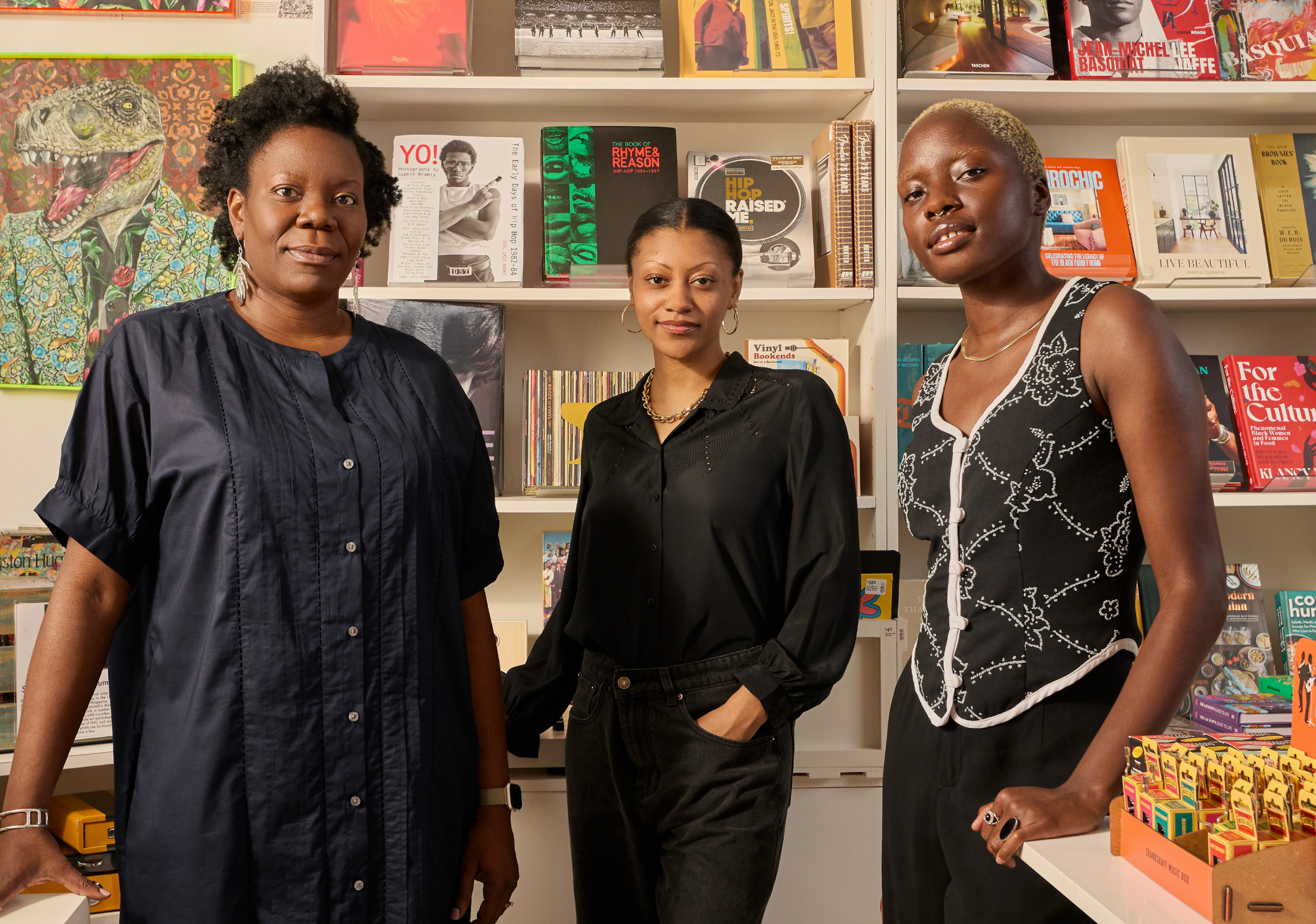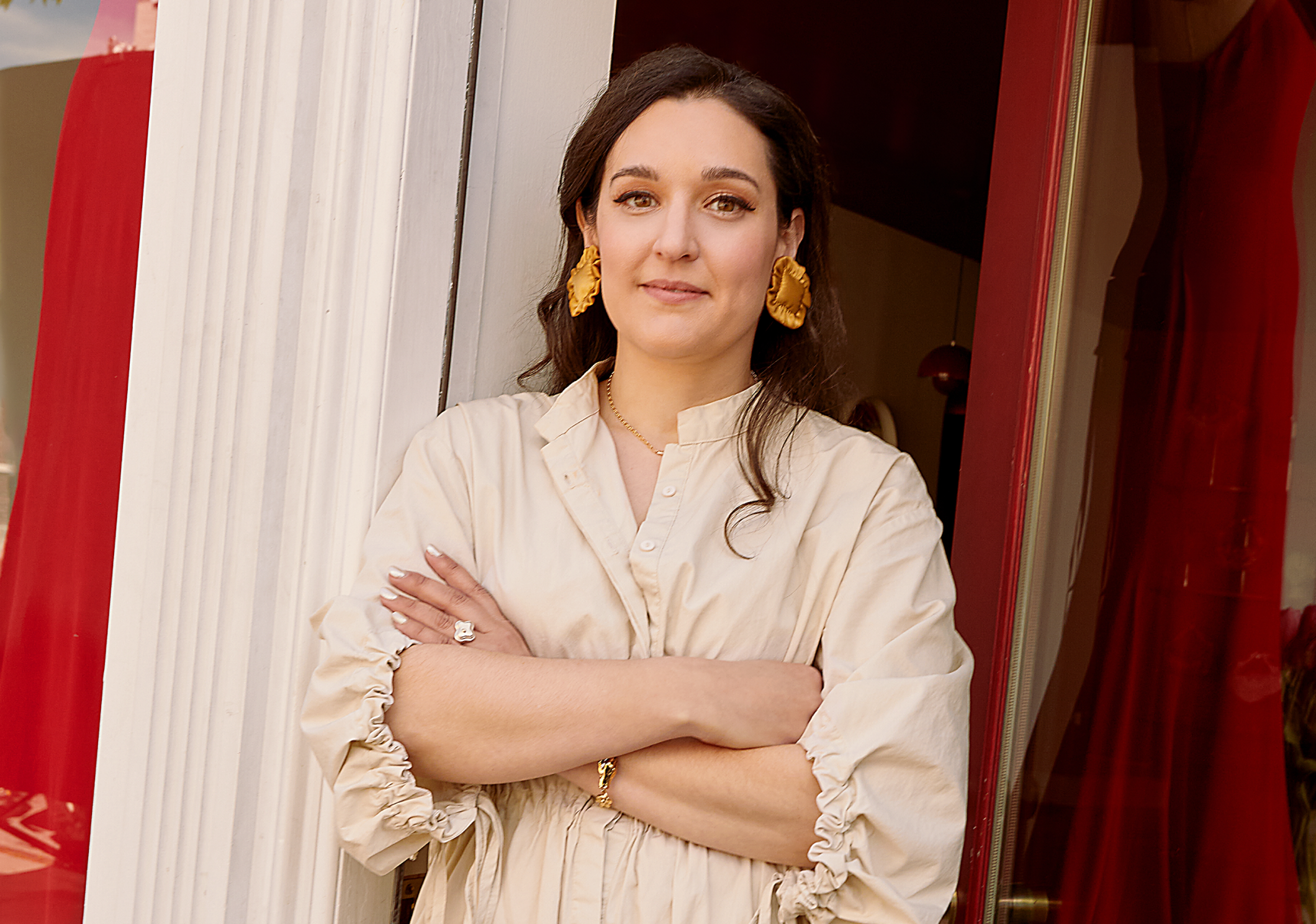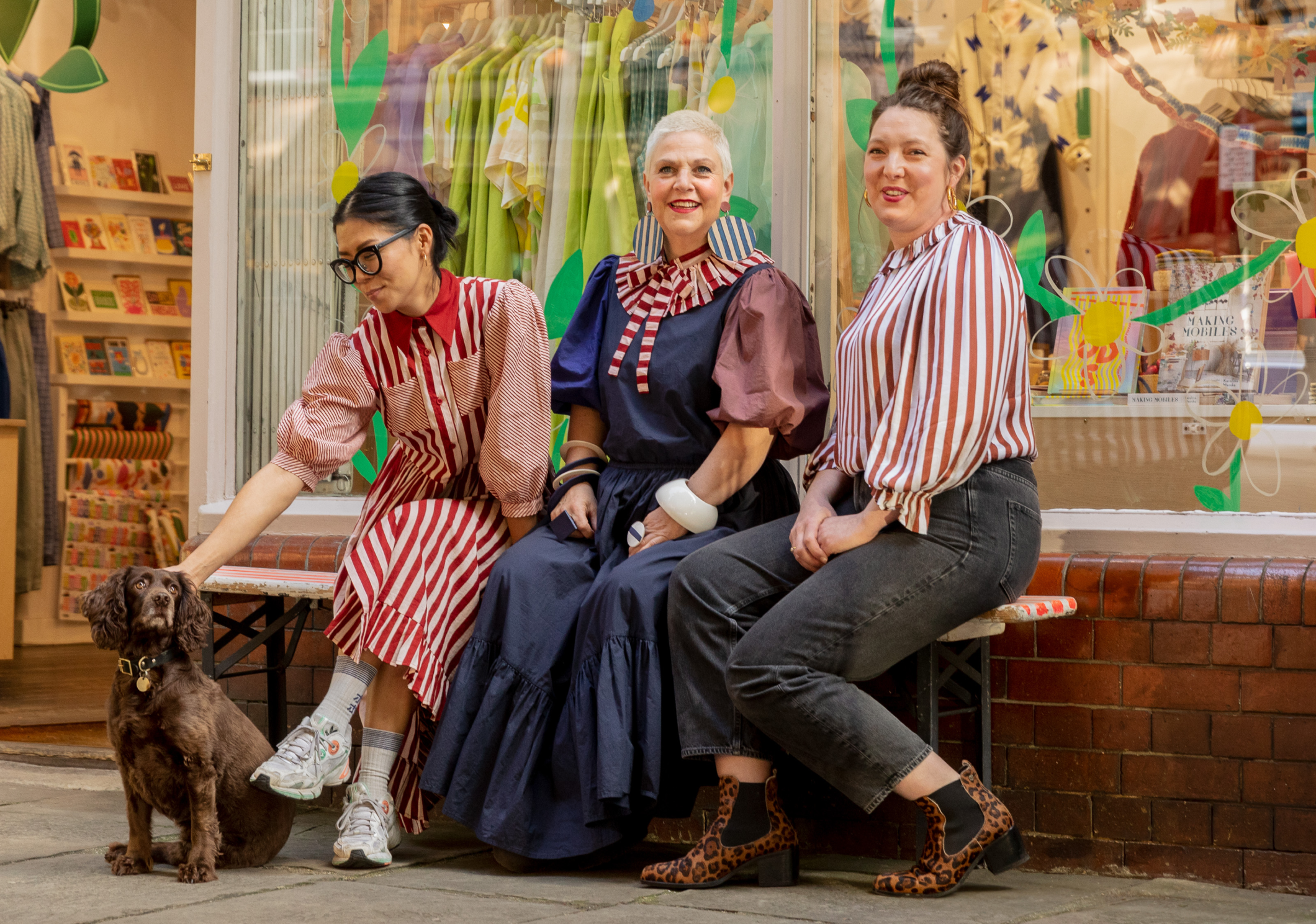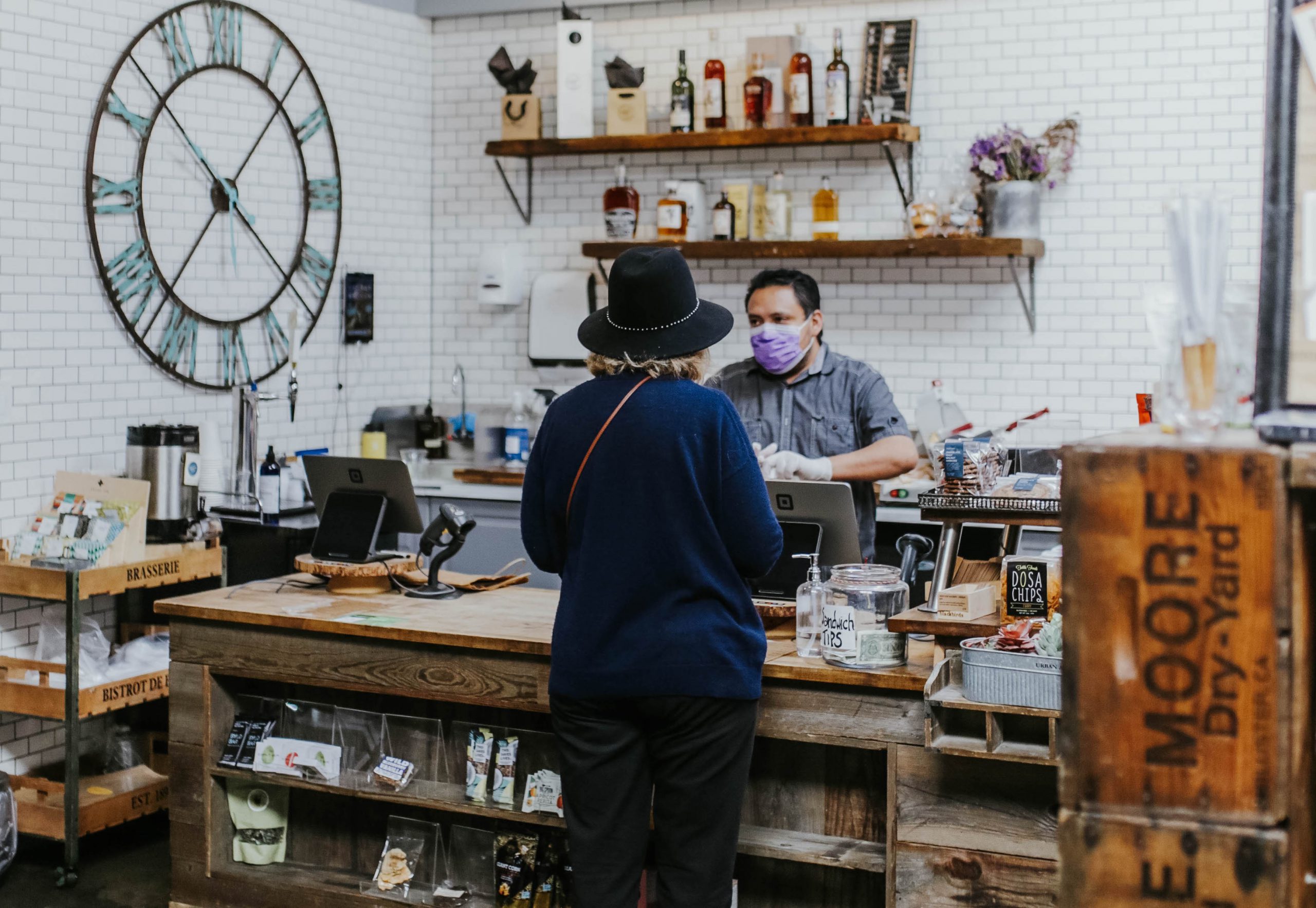
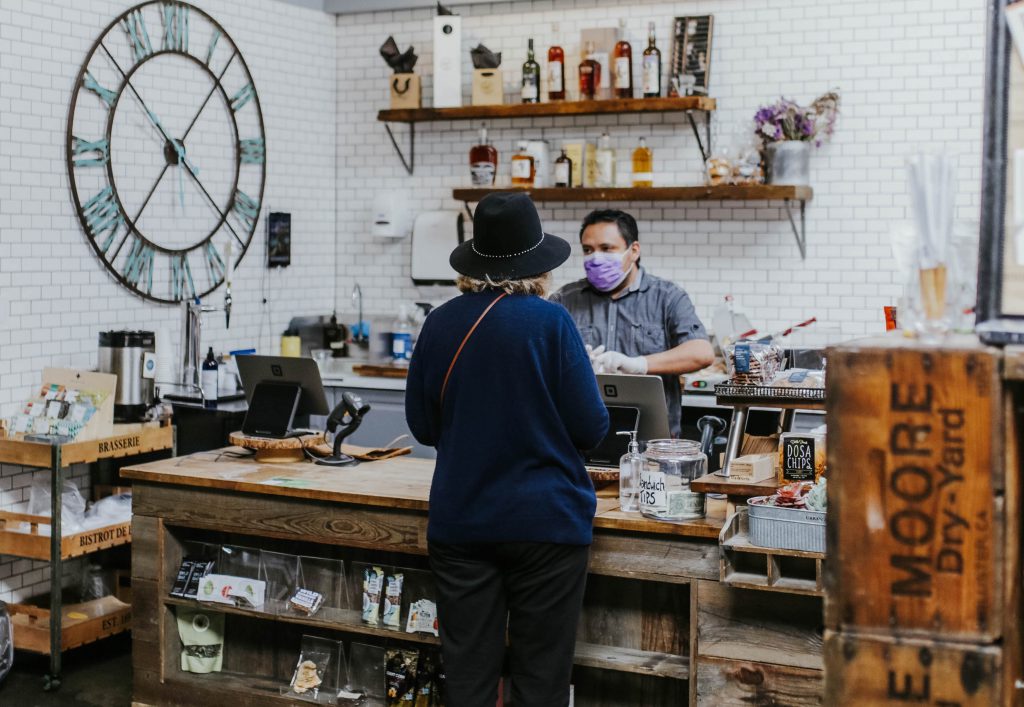
This week on our podcast, we talked to Mat Pond from Epicurean Trader, a San Francisco retailer featuring small-batch artisan goods from local and international producers—cheeses, breads, pasta, charcuterie, chocolates, jams, wine, craft beer, and spirits.
Mat, the former global director of franchise business at Levi Strauss & Co. and his wife Holly McDell, a former interior architect and graphic designer, packed their bags and moved to California from Australia 10 years ago. Their first Bernal Heights outpost is now joined by two additional shops in San Francisco, in the Marina and Hayes Valley. All three locations have remained open throughout COVID-19 closures due to the essential nature of grocery shops in the community. Mat shares how he has pivoted to carrying more essential food items, and adapted his stores to follow safe practices for both customers and employees.
Here, we’re sharing an abridged version of our chat with Mat. To listen to the whole interview, head to over to the third episode of our podcast Brick & Order.
We’ve been forced to pivot pretty dramatically towards catering to what our neighborhoods want, but that’s why we’re in business. We’re a neighborhood business and we have always adapted to consumers’ needs.
Faire: What brought you to San Francisco?
Mat Pond: Australians have a passion for traveling and as soon as I left university, I moved straight to Europe and traveled around and got the bug, as they say. I moved back to Sydney to start my professional career and that’s where I met my girlfriend, who’s now my wife, Holly. After a few years in Sydney, we got the itch and wanted to make a move.
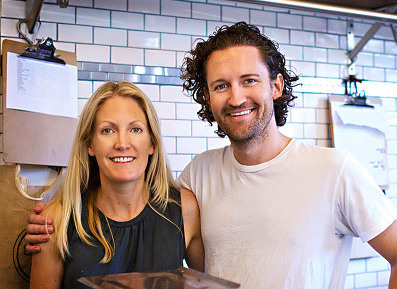
We were sitting down at a wine bar one evening and we were talking about our eagerness to move overseas and try a new experience together. We couldn’t quite agree on a specific country or city because I’d spent a lot of time in Europe already and Holly had done a lot of traveling, so we agreed that we would each write down on the back of a napkin three cities that we would be prepared to move to for a year or two. As it turned out, San Francisco was the common denominator so we quit our jobs and moved over, literally a week later, and the rest is history.
This is not your first experience in retail, right?
I started out in investment banking with JP Morgan in the mergers and acquisitions group and at that point in time, retail was very much so the most active group. From there, I moved into private equity and I was always looking at retail businesses. I really found a passion for retail.
One of the most iconic retailers in San Francisco is Levi Strauss and I worked in several different roles, but ultimately ended up the Global Director for Franchise Retail Operations. I was part of the global retail leadership team so I got to work with really talented folks from visual merchandising, retail marketing, and design — all the different components that make up a quality retailer. It was a really crash course, almost an MBA in retail.
What inspired you to take on a bet on local retail and open Epicurean Trader?
With children coming into play, it made sense for me to sort of step back from a global role and try and do something that was more local.
My wife and I decided that we wanted to start a small business. We opened our first location in our neighborhood, which is where we still live today. I wanted to be the antithesis of what I’d been living, which was a global lifestyle, and I really wanted something that was simple and local.
We saw a need for a business like ours and thought, you know what, there’s probably an opportunity for a store that focuses on all of these small batch products that you find every Sunday at your farmer’s market. We identified that sweet spot and that’s still where we focus today.
What is your buying philosophy?
Small batch, high quality. And ideally a story that resonates with us and our customers.
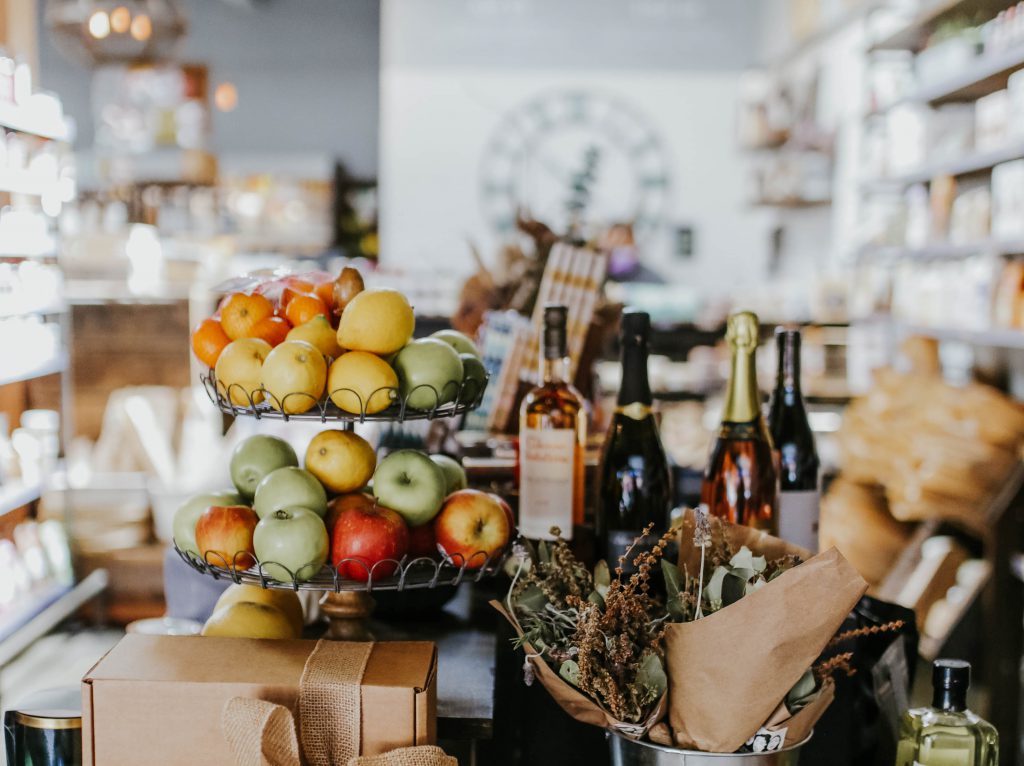
What’s your favorite product category to source?
Probably chocolate and confectionery. We’re always seeing the future, so to speak. We’re very fortunate that there’s a really robust, vibrant maker market out there and people are really testing recipes and trying to build new products. We’re fortunate that we can be a platform for them to experiment and test ideas.
When did you first experience slow down because of COVID-19?
Almost immediately. San Francisco was amongst the first to shut down an entire city along with other Bay Area counties. Immediately, people stayed inside and did what they were told. Since then, people have started to get a little bit more comfortable with what’s allowed and what’s not allowed and what’s essential and what’s not essential.
We started to see a slight rebound and now we have steady traffic, but it’s definitely people looking for essentials, the things that they need on a daily basis. We’ve been forced to pivot pretty dramatically towards catering to what our neighborhoods want. But that’s why we’re in business. We’re a neighborhood business and we have always adapted over time to consumers’ needs.
We’re fortunate that we are an essential business and we’re open, but a lot of our friends in the industry are not in that position. So we have done several collaborations with local restaurants and bakeries and even distilleries who are not producing, to find ways that we can support them and the support from our customer base has been pretty tremendous. It’s nice to see everybody coming together and helping each other out.
What precautions are you taking right now to keep your shop open and keep people safe?
I think people would probably be quite surprised about the challenges that you face in opening and keeping your staff safe and keeping your customers safe, which is critical. San Francisco has outlined some pretty strict measures in order to keep essential businesses open with the obvious ones being limiting the number of customers in the store, checking our employees before they begin work to see if they’re showing any symptoms, providing our staff with appropriate personal protective equipment, marking our queues to make sure they’re six feet apart, providing hand sanitizer at all entrances, exits, and POS stations.
Then there’s things that are less obvious, like mandating that all our guests wear masks when they come into the store to prevent any unnecessary transmissions. We don’t accept cash anymore. We don’t allow our customers to bring their own shopping bags or mugs if they, if they order a coffee. And we’ve also allocated a special time for at-risk customers to come and shop so that they feel safe. So there’s a lot of things that we’re doing and I’m sure that, as this unfolds, retailers that are currently closed will most likely need to adopt similar measures too, to stay open.
What makes you optimistic about local retail?
I am of the mindset that there’s a huge set of the population that loves the experience of retail shopping — the thrill of walking through a store and discovering something new. So I am optimistic that there’s always going to be a space for local retail.
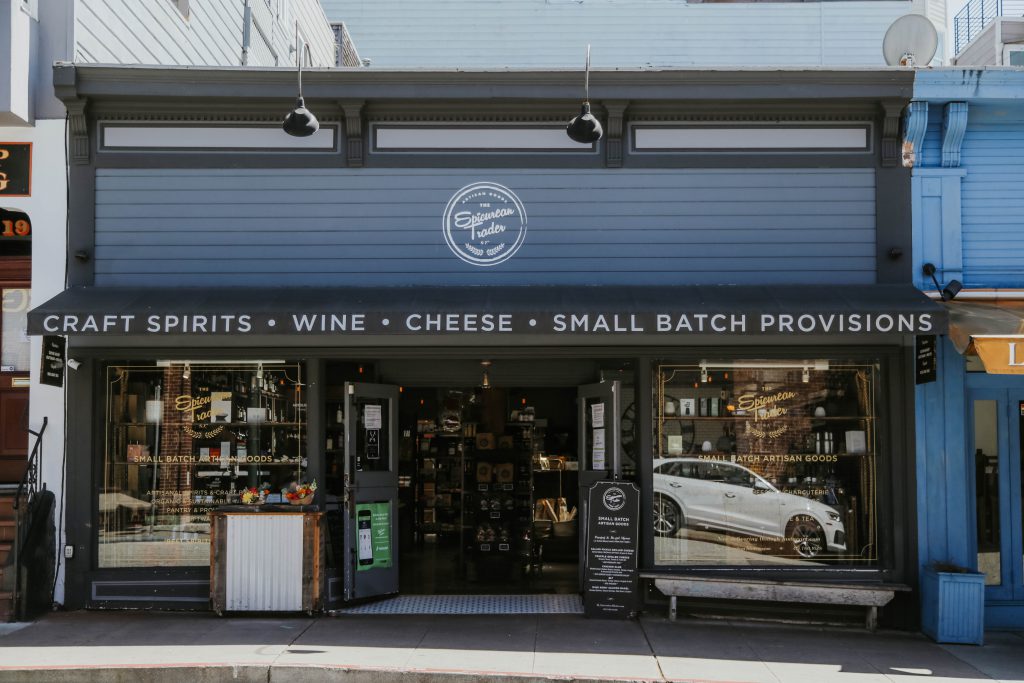
Maybe over time, the local retail economy shrinks a little bit but that also means that what you have left are the gems, the special shops that survive for a reason. I believe that in the neighborhoods that we’re in, we’re surrounded by really talented local merchants and I feel confident that a lot of them will thrive when this is done.
What is one piece of advice or encouragement you’d give to fellow retailers?
Hang in there — this will pass. I feel confident that with the measures that have been taken, we’re on a really good path to getting out of this safely. Keep a dialogue with your customers, even if you’re not open. Let them know that you’re thinking of them. Brainstorm some ideas with them about how you might adapt when you do re-open and when you do re-open, please, please do it appropriately.
It’s difficult to find the supplies and to protect everybody, but it’s important that everybody does it safely. Finally, be prepared to pivot and adapt and fingers crossed, you’ll figure it out.
You can subscribe and listen to Brick & Order on Apple Podcasts, Google Podcasts, SimpleCast, Spotify, and Stitcher.

